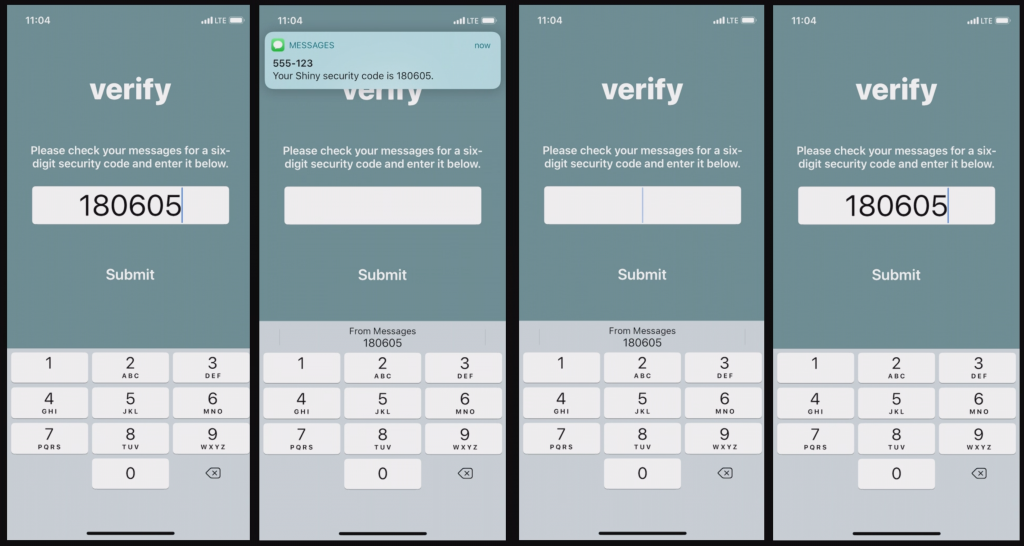On Friday’s Rip off Britain I’ll be talking about new attempts by UK banks to prevent fraud, and the upcoming scheme for reimbursing the victims. While these developments have the potential to better protect customers, the changes could equally leave customers in a more vulnerable situation than before. What will decide between these two extremes is how well designed will be the rules surrounding these new schemes.
The beginning of this story is September 2016, when the consumer association – Which? – submitted a super-complaint to the UK Payment System Regulator (PSR) regarding push payment fraud – where a customer is tricked into transferring money into a criminal’s account. Such bank transfers are known as push payments because they are initiated by the bank sending the money, as opposed to pull payments, like credit and debit cards, where it is the receiving bank that starts the process. Banks claim that since the customer was involved in the process, they “authorised” the transaction, and so under UK and EU law, the customer is not entitled to a refund. I’ve argued that this interpretation doesn’t match any reasonable definition of the word “authorised” but nevertheless the term “authorised push payment scams” seems to have stuck as the commonly used terminology for this type of fraud, I’m sure much to the banks’ delight.
The Which? super-complaint asked for banks to be held liable for such frauds, and so reimburse the victims unless the bank can demonstrate the customer has acted with gross negligence. Which? argued that this approach would protect the customers from a fraud that exists as a consequence of bank design decisions, and provides banks with both a short-term incentive to prevent frauds that they can stop, as well as a medium-to-long term incentive for the banks to enhance payment systems to be resistant to fraud. The response from the PSR was disappointing, recognising that banks should do more, but rejecting the recommendation to hold banks liable for this fraud and requesting only that the banks collect more data. Nevertheless, the data collected proved useful in understanding the scale of the problem – £236 million stolen from over 42,000 victims in 2017, with banks only being able to recover 26% of the losses. This revelation led to Parliament asking difficult questions of the PSR.
The PSR’s alternative to holding banks liable for push payment fraud is for victims to be reimbursed if they can demonstrate they have acted with an appropriate level of care and that the bank has not. The precise definition of each level of care was a subject of consultation, and will now be decided by a steering group consisting of representatives of the banking industry and consumers. In my response to this consultation, I explained my reasons for recommending that banks be liable for fraud, including that fairly deciding whether customers met a level of care is a process fraught with difficulties. This is particularly the case due to the inequality in power between a bank and its customer, and that taking a banking dispute to court is ruinously expensive for most people since the option of customers spreading the cost through collective actions was removed from the Financial Services Act. More generally, banks – as the designers of payment systems and having real-world understanding of their use – have the greatest capacity to mitigate the risks these systems introduce.
Nevertheless, if the rules for the reimbursement scheme are set up well, it would be a substantial improvement over the current situation. On the other hand, if the process is bad then it could entrench the worst of current practices. Because the PSR has decided that reimbursement should depend on compliance to a level of care, my response also included what should be the process for defining these levels, and for adjudicating disputes.
Continue reading Will new UK rules reduce the harm of push-payment fraud?


